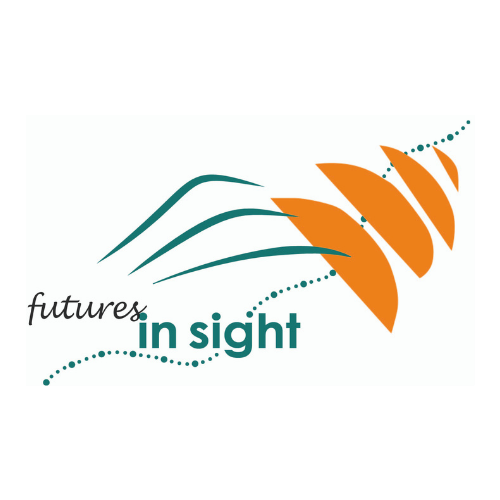|
Everything is online more and more. It seems if you are not, you are missing out. Whether it’s your Covid 19 vaccination certificate or arranging to get your transport funding from your NDIS plan paid to you (if you have transport funding) you need to get yourself connected to the relevant government agencies. Below, we collect a few good links and resources on how to get yourself set up. Go to this site to get started: You’ll find a video and a step-by-step guide and information in different languages. To set yourself up you will need:
Once all that’s done, you will be sent your username and password to your email address and then you can start linking your other government services such a NDIS, Centrelink, Medicare and others (Please note you can also now sign up for mygovID. mygovID like your digitial identity. If you want to know more try this link ) Once you are linked, you will be able to see things like
The NDIS has also created a step by step guide for all things on the 'myplace' portal and you can download the guide.
When you are ready to set it all up, you will need to call the NDIS 1800 800 110 to get a NDIS Activation Code. If you want to read more, here is the link to the NDIS website where they keep everything to do with how to access your NDIS myplace portal.
There are loads of other Australian Government agencies you can link with through your myGov account if you choose to. myGov is convenient way to access and manage your information with those other agencies. Check them out!
0 Comments
|
|
For more information about the NDIA and our registration please click here
NDIS Registration Number: 405 003 6622
|
Contact Usphone:
Donna 0432 414 210 Barbel 0468 312 515 Diana 0450 739 514 PO BOX 882 Marrickville NSW 1475 |
SoverACKNOWLEDGEMENT
We acknowledge that our work is conducted on the lands of Aboriginal and Torres Strait Islander nations.
We pay our respects to Elders past, present and future, for they hold the memories, traditions, Cultures and aspirations of Aboriginal and Torres Strait Islander communities. Sovereignty was never ceded.
We acknowledge that our work is conducted on the lands of Aboriginal and Torres Strait Islander nations.
We pay our respects to Elders past, present and future, for they hold the memories, traditions, Cultures and aspirations of Aboriginal and Torres Strait Islander communities. Sovereignty was never ceded.
futures in sight - copyright: 2024
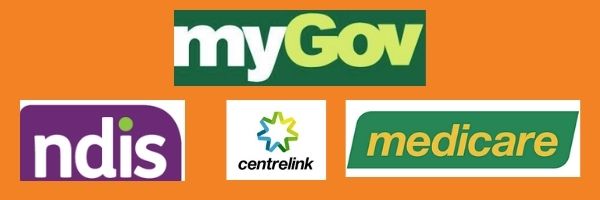

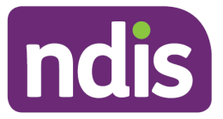
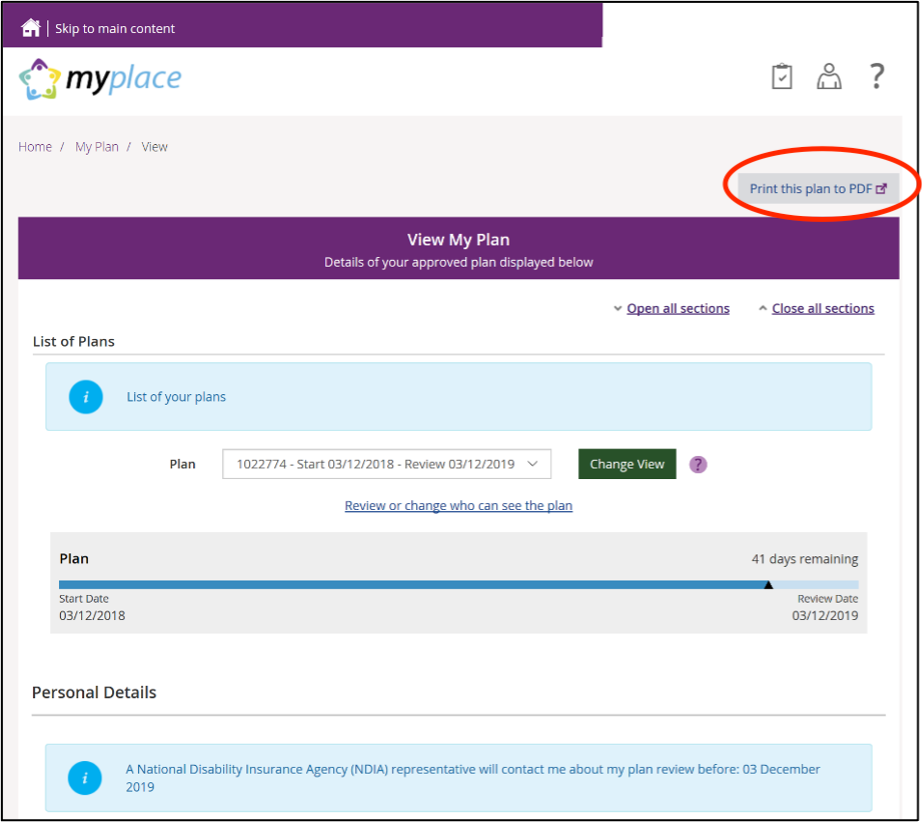
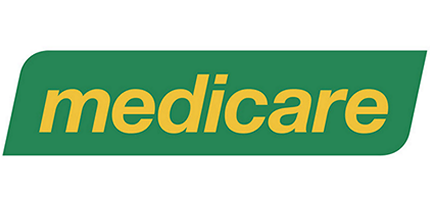
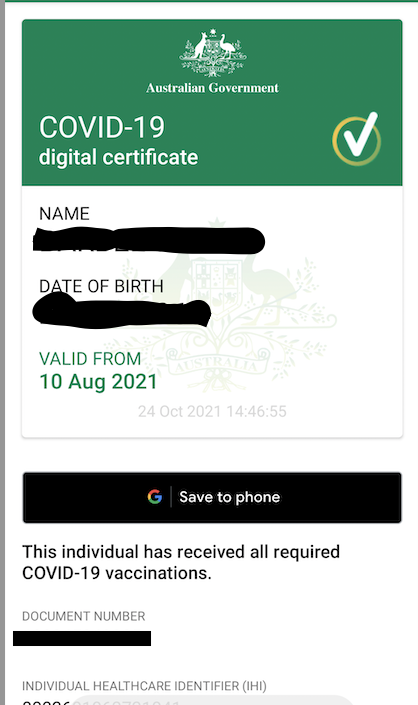
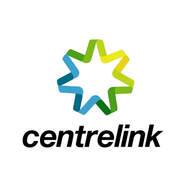
 RSS Feed
RSS Feed

